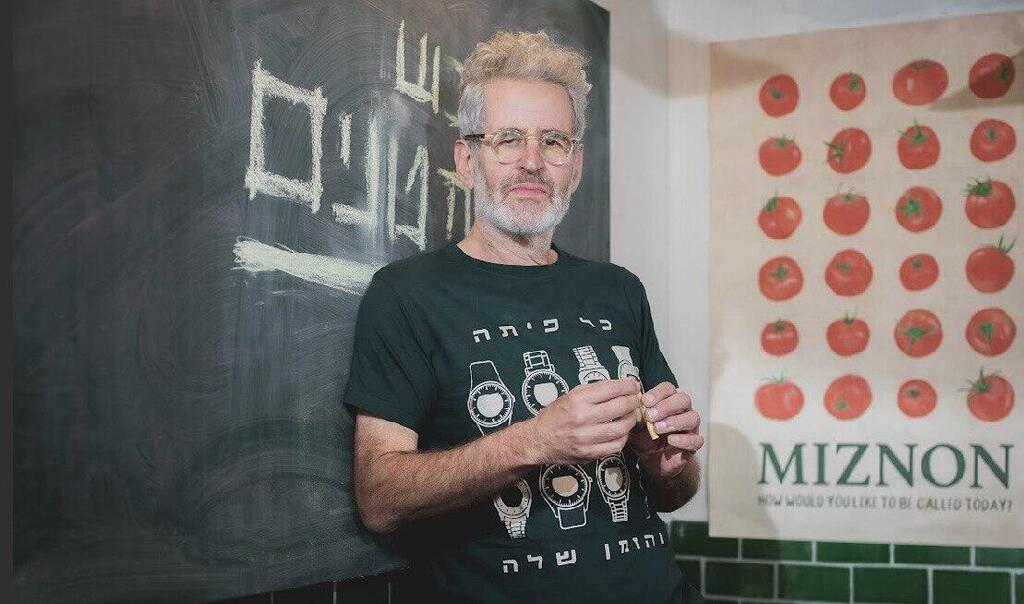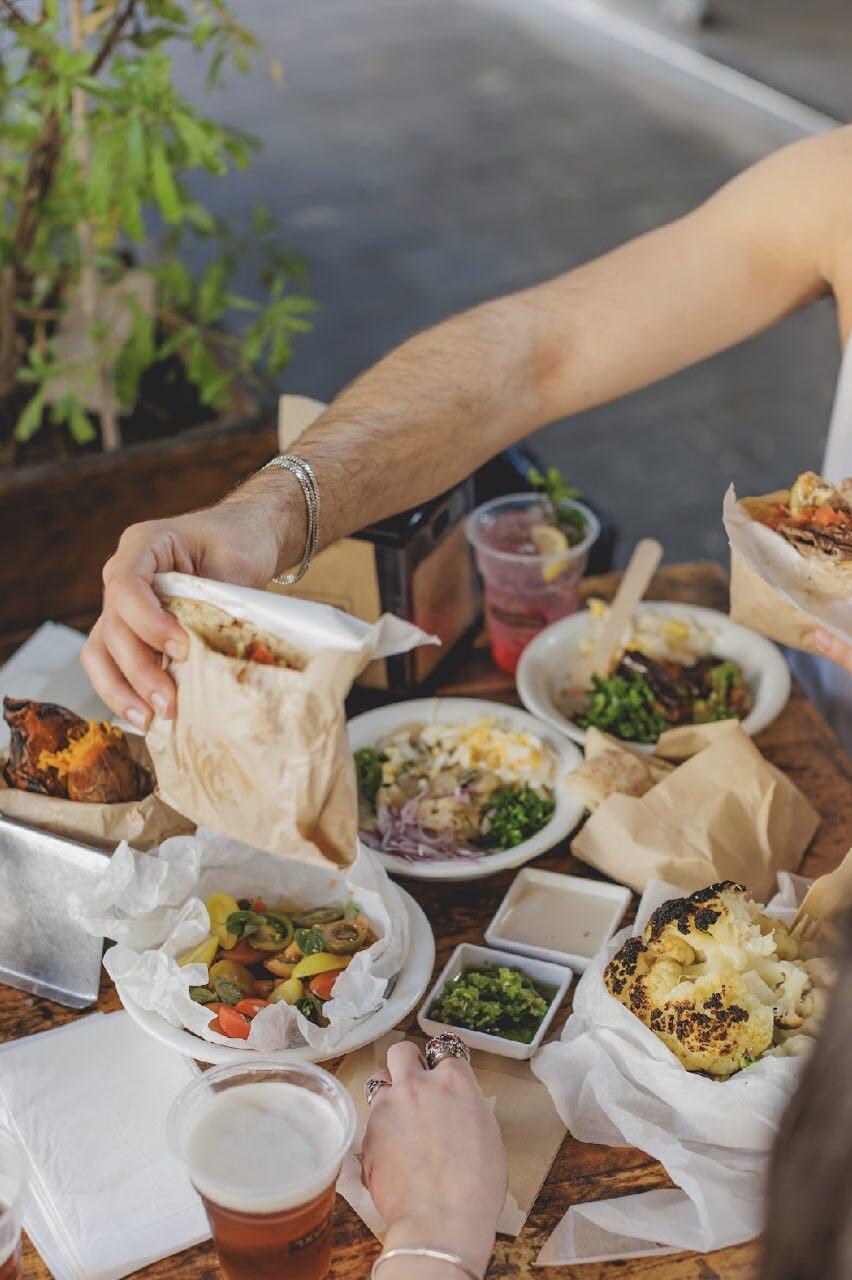The menu at Chef Eyal Shani's restaurant in Ramat Hachayal is turning kosher: Ten years after its opening, which was the third branch of the chain, it will become kosher starting next week.
This move comes just one month after Shani opened a kosher branch of the restaurant at Times Square in New York City, and six months after the opening of the kosher Queen Esther restaurant in Upper West Side, Manhattan. The New York branch joins three other kosher restaurants in Paris. In Israel, this will be the only kosher branch for now.
The world of kosher cuisine is not new to Shani: Exactly six years ago, he opened the Queen Esther restaurant in Tel Aviv, his first kosher restaurant. Back then, he told Ynet: "Every day, I pay homage to divine creation. Now, even the religious can dine with me." In the years since he also opened the Deborah restaurant inside the Brown Hotel in the city. Deborah restaurant closed with the outbreak of war and is planned to reopen in May.
"We are doing this for our people," Shani told Ynet, "that's the crowd to which we direct our creativity. A kitchen without a soul cannot survive. The thread in the bulb connecting negative to positive is what creates light, and so it is with food: it only gains meaning when creation connects with the longing person. Our food is longed for by our people, and most of them (yes, most of them) eat kosher food."
As Mediterranean cuisine gained momentum in the culinary world in recent years, more and more chefs, both in Israel and abroad, abandoned ingredients like cream and butter (common in French cuisine) and replaced them with olive oil. This revolution provided a relatively short path to the world of kosher food, and there wasn't much left for chefs to "kosherize the kitchen" - just take out seafood and cheese or seafood and meat to cater to kosher eaters. If the place is also open on Saturdays, like many places abroad, the concept is called "kosher-friendly" - a kosher kitchen without kosher certification and friendly to kosher observers.
"The foundation of our kitchen is Mediterranean: olive oil, tomatoes, vegetables, and fish, a kitchen without butter to hide behind, a kitchen filled with sunlight and vibrant colors," explains Shani. "Kosher is not a limitation for us. We do everything so that olive oil will be the theme of our food. We don't cook with cream, and almost without milk either. So what are we losing? Nothing. And what do we gain? Almost everything, half of our people long for our food, and we didn't open the door for them."



